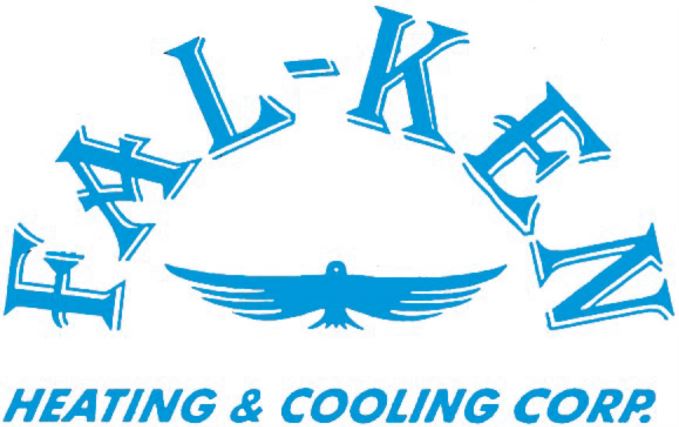
If you’re questioning whether your Holbrook residence has bad indoor air quality (IAQ), it probably does.
We are indoors a lot. In fact, we’re in a building up to 90% of the time, according to the U.S. Environmental Protection Agency. And the air inside houses could be 2–5 times more contaminated than outdoors, which could create long-term health problems.
Most Common Origins of Poor IAQ
We’ve compiled a list of the most common origins of inferior IAQ, the problems they create and how you can remedy these indoor air pollutants. If you’re troubled by the air inside your house, we advise talking with a professional like Fal-Ken Heating & Cooling Corporation about which products are ideal for your house.
Volatile Organic Compounds
Volatile organic compounds, or VOCs, are chemicals emitted from regular household products.
They’re found in paint and stains along with:
- Furniture
- Carpet
- Building materials
- Cleaning products
- Cosmetics
- Air fresheners
- Candles
When these vapors accumulate inside, they can irritate your eyes, nose and throat. They might also cause headaches and nausea. Regardless of whether your home is in a rural or industrial area, an EPA study found indoor levels of these chemicals can be 2–5 times higher than the air outside your home.
Always adhere to the manufacturer’s instructions when painting or cleaning. Unlatching a window can help vapors disappear faster.
Air purification systems can also better your air. This equipment partners with your heating and cooling equipment to improve indoor air. When hunting for one, ensure it’s specifically made to eliminate VOCs.
Dust and Pet Dander
Dust and pet dander can irritate health problems like asthma and allergies, especially when it constantly gets recirculated by your house’s comfort equipment. While you can vacuum more regularly and buy an improved air filter, an air filtration system may be a better match.
This equipment hooks to your heating and cooling equipment to give strong filtration. Some kinds provide hospital-level filtration for getting rid of particles and bioaerosols.
Lingering Odors
Newer houses are securely sealed to increase energy efficiency. While this is great for your heating and cooling expenses, it’s not ideal for your IAQ.
Musty odors can stick around for a greater amount of time since your residence is pulling in reduced fresh air. Because keeping your windows open throughout the year isn’t a possibility, here are two approaches you can make your indoor air smell fresher.
An air purification system is placed in your ducts to wipe out odors before they get released again. Search for one with a carbon filter and the ability to eliminate damaging VOCs. This equipment can also help keep your family healthy by getting rid of most bacteria and common allergy triggers like pollen and mold spores.
A ventilation system takes out stuffy indoor air and substitutes it with crisp outdoor air. There are two models of systems (heat recovery and energy recovery), so ask our professionals for more info on which kind is right for your residence.
Unsteady Humidity
It’s critical your house’s humidity stays even. Air that’s too humid can create mold, while dry air can create respiratory symptoms.
Our techs suggest 40–50% for ideal comfort. To keep yours steady, think over getting a whole-home humidifier or whole-home dehumidifier with your HVAC unit.
In place of having to pull a humidifier from room to room, this equipment delivers even humidity around your house.
Carbon Monoxide
Carbon monoxide is colorless gas you can’t smell. It’s caused by insufficient combustion in fuel-burning appliances, like gas heating systems, water heaters or fireplaces.
It creates an extreme health risk. In little levels, it can lead to flu-like symptoms like headaches and nausea. It can be deadly in heavy amounts.
We advise yearly furnace maintenance to make sure your system is working like it should. This work allows our specialists to discover problems before they get bigger, including malfunctions that can cause carbon monoxide leaks.
The best way to keep your house free of carbon monoxide is to install detectors. These alarms must be on all floors near bedrooms and living spaces.
Improve Your House’s Air Quality with the Fal-Ken Heating & Cooling Corporation Professionals
Know that your home has poor air quality but not sure how to make it better? Or unsure which solution is ideal for you? Give our approachable HVAC professionals a call at 631-460-5159 or contact us online now. With free estimates and pro service, we’ll help you choose the right solution for your home and budget.
